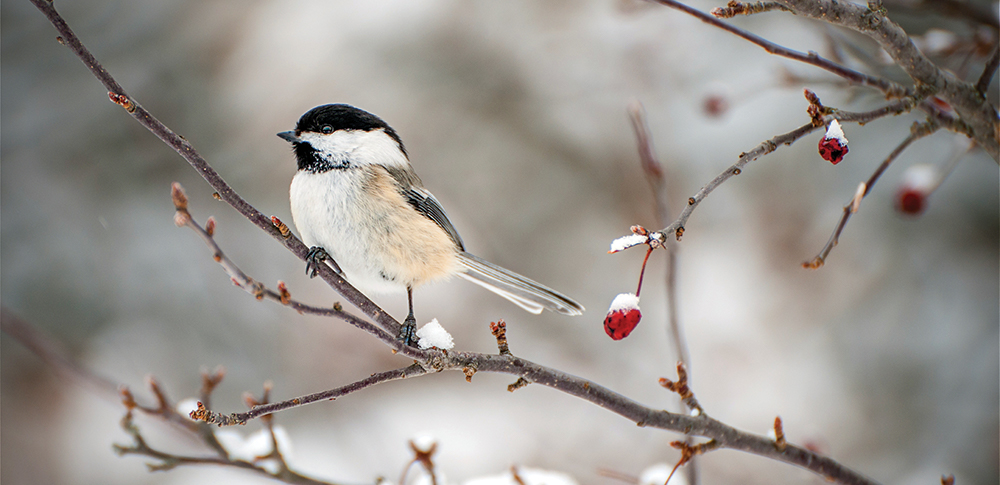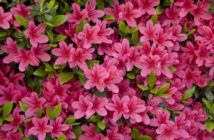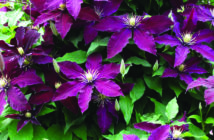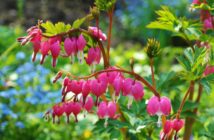The next two months for the gardener can seem like an eternity as we patiently wait and plan for the arrival of spring and a new gardening season.
One of the activities that I enjoy during the winter months is feeding and watching our feathered friends. As gardeners many of us have created backyard habitats that are bird friendly. So, in the winter it seems only logical that we would offer supplement to their diet.
I find that the activities of birds, especially blue jays and male cardinals, really help brighten up the barren appearance of the winter landscape. However, I have wondered if feeding the birds can make them dependent upon my bird feeder and affect their ability to survive winter on their own.
Recent research has shown supplementing actually has positive effects on birds, and if you stop feeding them for several days they will simply find food elsewhere. Research has also shown that one of the positive effects of supplemental feeding is increased survival in the spring of babies whose parents were supplemented during winter months.
If you plan to attract a variety of winter visitors, it is important to offer a variety of foods. Birds have a body temperature that averages around 108 degrees; they spend the bulk of their day searching for food to maintain this body temperature.
Fat is metabolized much quicker into energy, so suet cakes make for a fine source of nutrition for many birds. Suet can be purchased from either a meat market or commercially produced with additives such as seed and even peanut butter. Suet is best offered in a wire basket or cage that is suspended.
Winter bird feeding is a great activity to help ward off cabin fever.
Seeds are also quite important in our feathered friends’ diets. They contain carbohydrates, which are converted into glucose to assist with maintain their high body temperature. I feed niger thistle seed in tube feeders and a mixture of sunflower seeds on plate feeders. The suet and the two types of seeds attract chickadees, morning doves, blue jays, cardinals, woodpeckers, finches, and juncos, to name a few.
Please keep feeders a safe distance from your home to help prevent birds from flying into windows, which can cause life threating injuries. Bird droppings contain a high concentration of nitrogen so always place your feeders where this will not have an ill effect on any plant materials. Remember to also keep your feeders clean; cleaning helps minimize mold and mildews that could foster diseases.
Birds conserve water in their bodies much more efficiently than mammals so it is not necessary to maintain water for birds in the winter months. Birds can satisfy their water needs through snow, melting ice, and rain puddles.
Winter bird feeding is a great activity to help ward off cabin fever. It gives us a reason to go outside for some fresh air and a little physical movement. It creates a great opportunity to introduce children and grandchildren to the wonders of nature by watching a true reality show. Why not join us and start feeding
the birds?su




